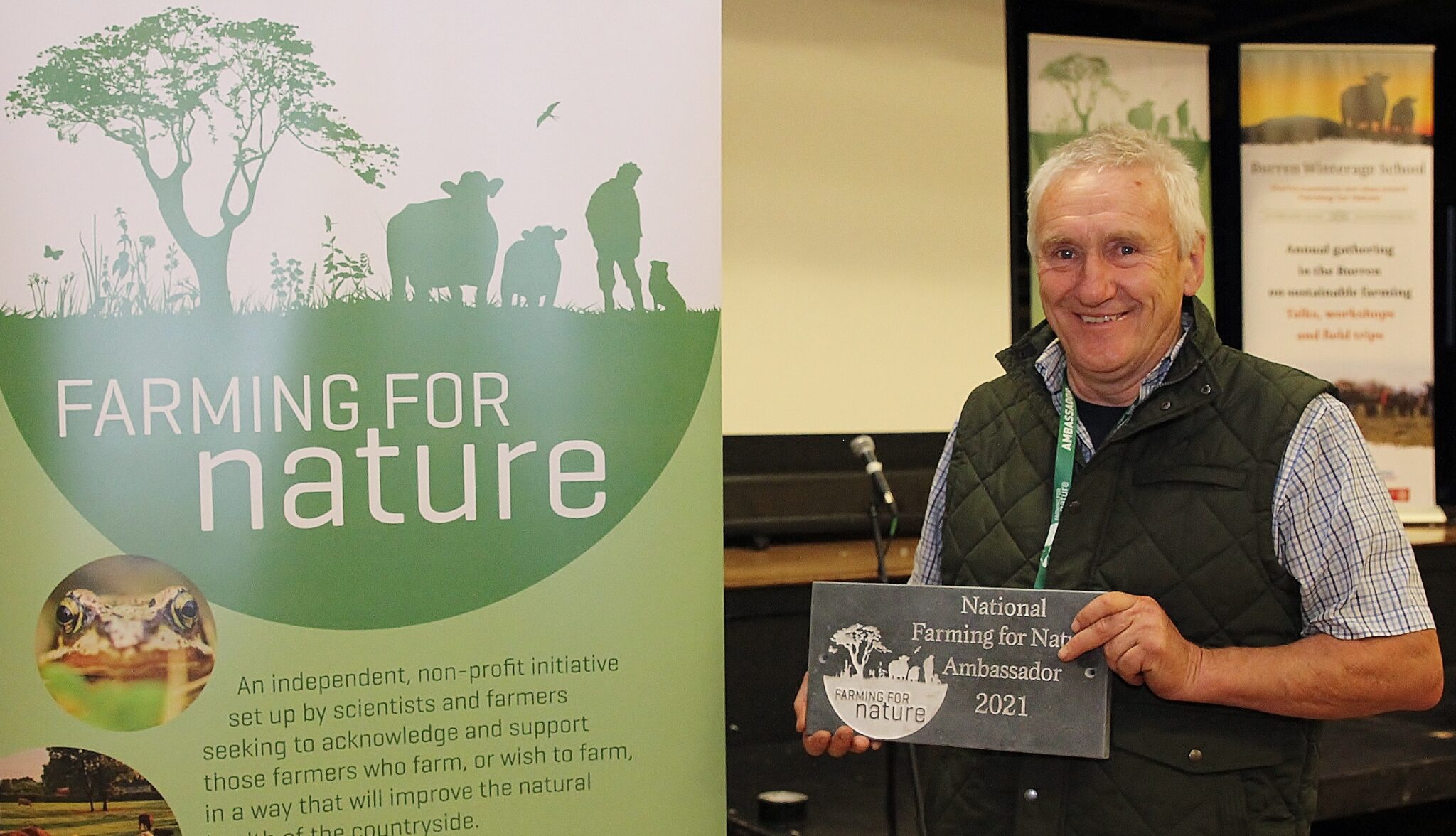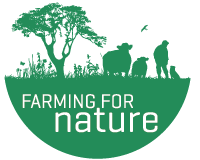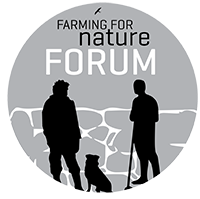 Farming for Nature Ambassador Series Farm Walk
Farming for Nature Ambassador Series Farm Walk
June 7 – The Many Ways to Help Nature on a Productive Beef Farm
The Farming for Nature farm walks are an opportunity for our Ambassadors to showcase their contribution to nature and good farming practices on their land.
Anthony Mooney from county Kildare runs a 200-acre beef farm with the help of his wife Mary Rose and son Conor. The fertile limestone soil is well suited for growing high quality grass. Anthony runs a herd of between 70-100 cross-bred continental cattle. He keeps a suckler herd of 12 cows and the rest he buys in as weanlings to finish for beef.
The grassland has not been reseeded in over 25 years – the permanent pasture contains a diverse range of grasses and flowering plants. Anthony is passionate about biodiversity and nature conservation and this is reflected in his low-impact farming system. Very few external inputs are used on the farm – chemical fertilizer hasn’t been used on the land in over 20 years and very little concentrate meal is fed to the animals. Hay and silage are cut off the land every year for winter feeding. The multi-species hay meadows go to flower in the summer months, providing crucial habitats and food sources for various creatures.
A wildlife enthusiast for much of his life, Anthony has spent years observing and recording different plant, bird and insect species on the land. Rare plant species recorded on the farm include toothwort, sweet woodruff and wild orchids. “Over the past 2 years I have started targeting specific species on the farm that I thought needed help – birds, mammals, insects and plants. For example, we’ve been focusing on ground nesting birds like skylarks and meadow pipits – I delayed the mowing of a field last summer because there was a nesting skylark in one of the meadows.” There are 2 ponds on the land which create important water habitats for frogs, birds and insects. Trees and hedgerows are also important habitats on the farm – “I’ve put in around 600-700 meters of hedges on the farm. I’ve never taken out a hedge. I manage hedges for biodiversity. They are cut back every 4-5 years to encourage new growth.”
Friday, June 7 at 11am
Tickets are €10. Places are limited. Book here
These events have been jointly supported by the Department of Agriculture, Food and the Marine and the National Parks and Wildlife Service.


